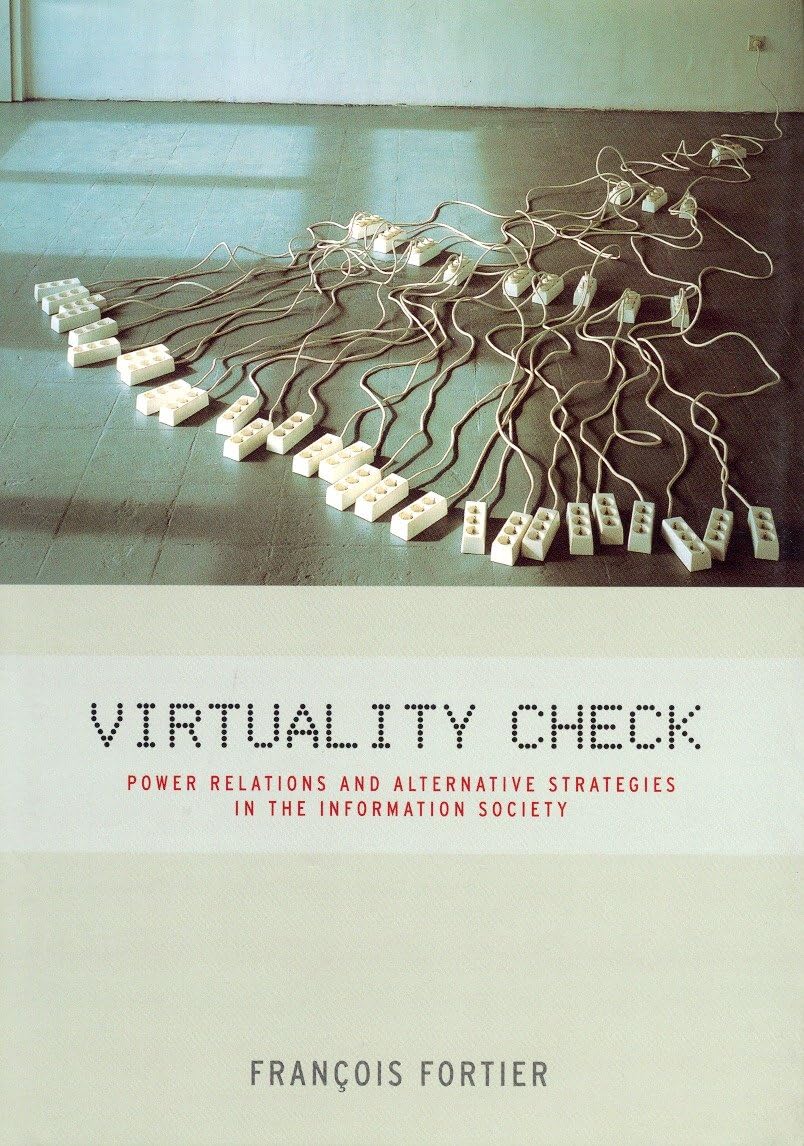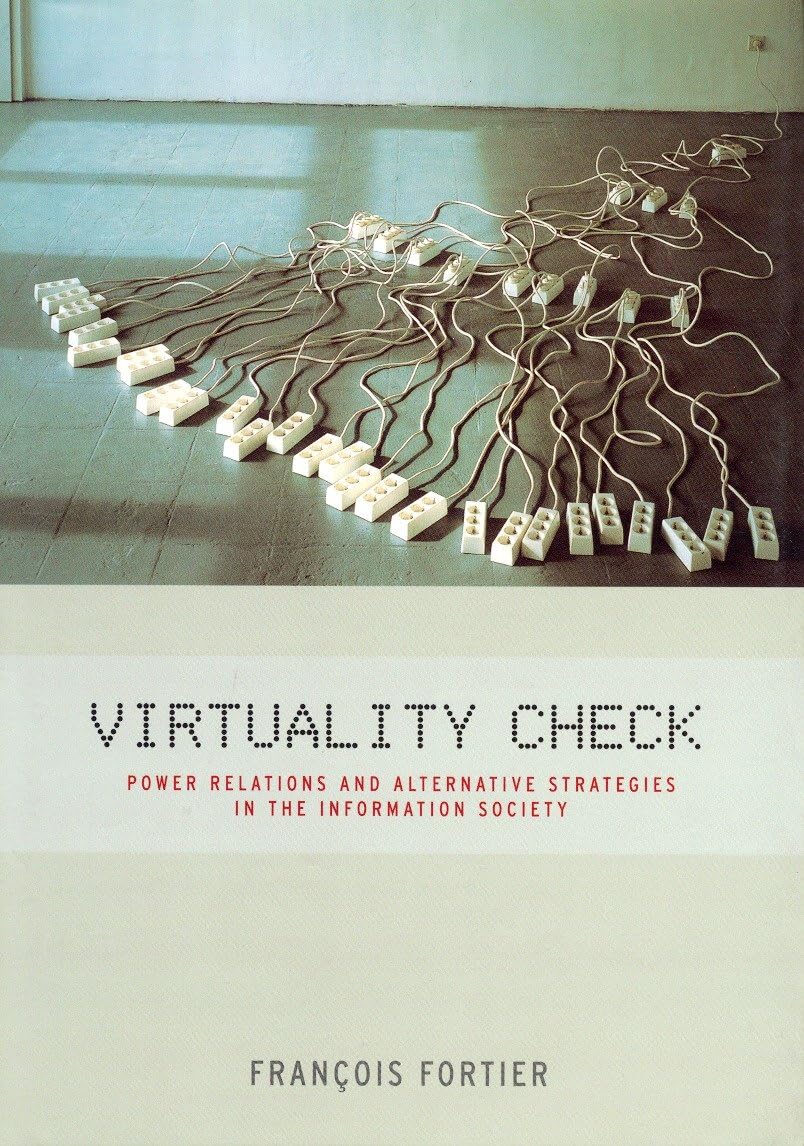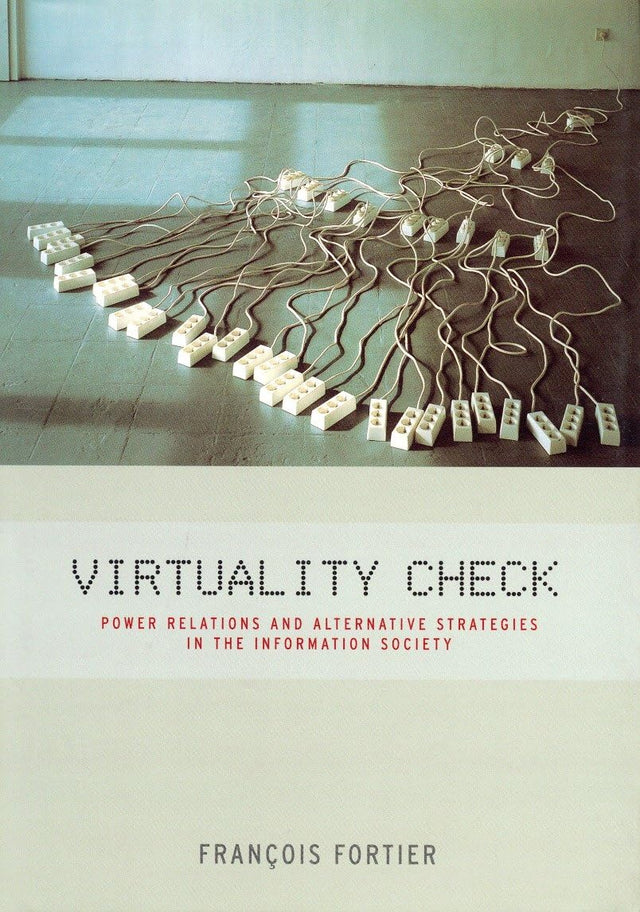Virtuality Check: Power Relations and Alternative Strategies in the Information Society
Virtuality Check: Power Relations and Alternative Strategies in the Information Society is backordered and will ship as soon as it is back in stock.
Couldn't load pickup availability
Genuine Products Guarantee
Genuine Products Guarantee
We guarantee 100% genuine products, and if proven otherwise, we will compensate you with 10 times the product's cost.
Delivery and Shipping
Delivery and Shipping
Products are generally ready for dispatch within 1 day and typically reach you in 3 to 5 days.
Book Details:
-
Author: François Fortier
-
Publisher: Verso
-
Language: English
-
Edition: Hardcover
-
ISBN: 9781859846285
-
Pages: 152
-
Cover: Hardcover
-
Dimensions: 7.8 x 5.6 x 0.6 inches
-
Weight: Not provided
About the Book
Information Technologies and the New Economy by François Fortier critically examines the relationship between information and communications technologies (ICTs) and the society that shapes and is shaped by them. The book takes a balanced approach to the growing influence of ICTs in modern life, rejecting the view of ICTs as either a panacea for social issues or as an illusion designed by powerful elites. Instead, Fortier argues that, in their current form, ICTs are primarily used to serve the interests of the state and corporate sectors, consolidating economic and political power in ways that undermine democracy.
Drawing on extensive research, the book analyzes how ICTs are deployed to manipulate consumers, subjugate workers, and perpetuate monopolistic control by media conglomerates. Fortier highlights how these technologies, while promising significant socio-economic benefits, often exacerbate inequality and limit political freedom. However, he also brings attention to alternative uses of ICTs that have emerged from progressive social movements over the past two decades, offering a glimpse of how these technologies can be repurposed to support democratic ideals.
The book concludes with a proposal for a new political economy of ICTs, one that fosters inclusivity, democracy, and equitable access. Fortier’s insightful work challenges the prevailing narratives around ICTs and calls for a rethinking of how technology can be harnessed to serve the common good rather than reinforce existing power structures.





